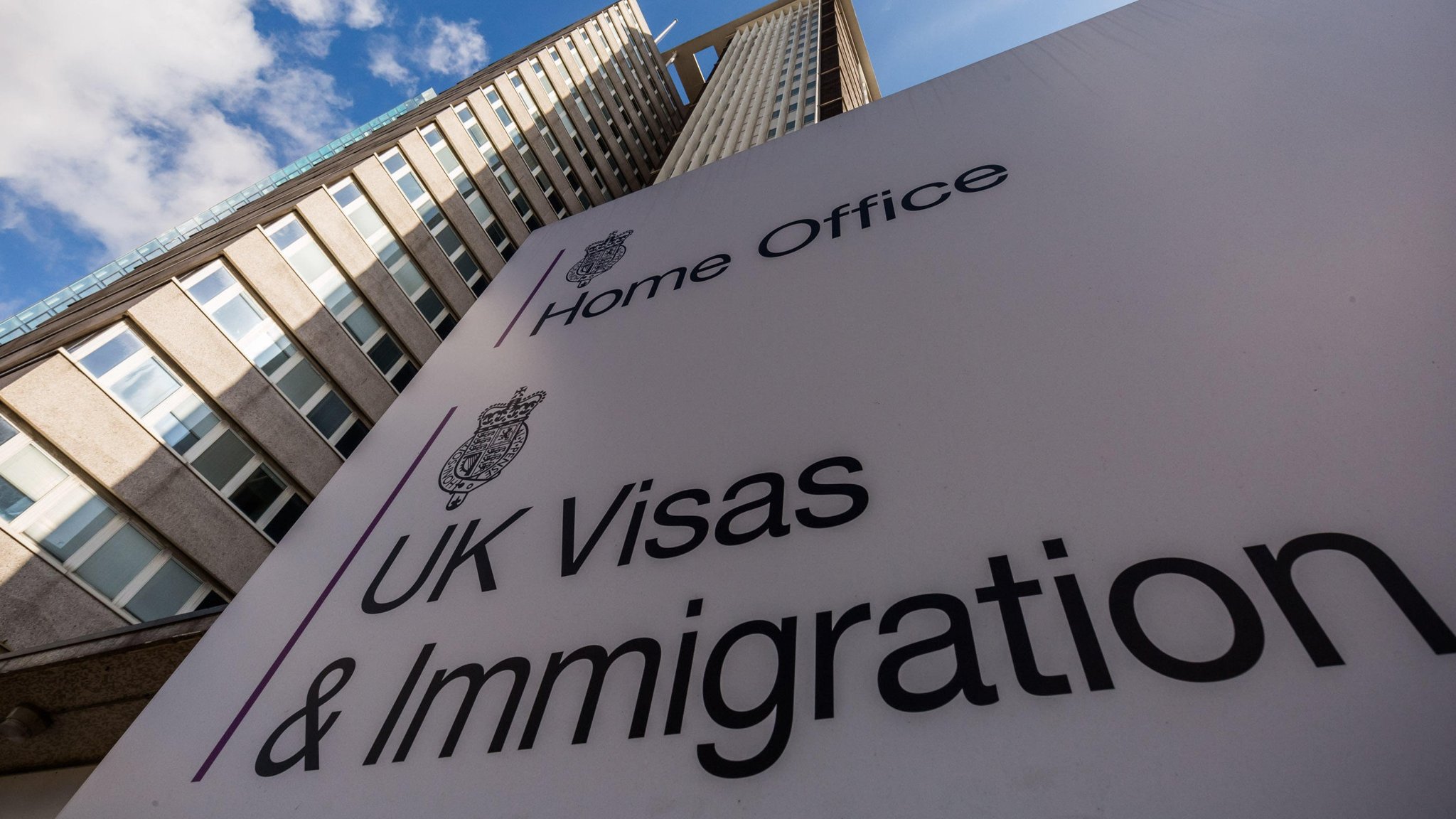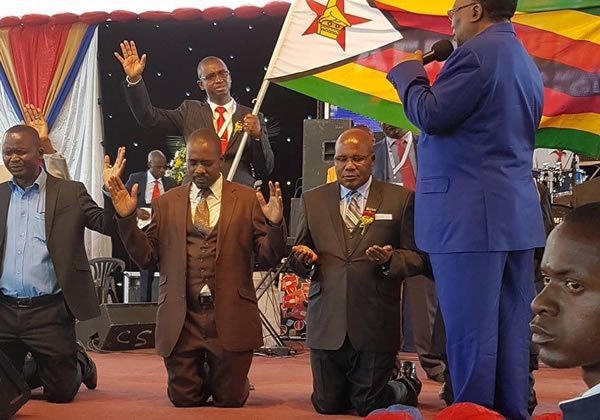by Mutumwa Mawere
WHAT was the relationship, if any, of the former Vice President Dr. J. Mujuru with the Parliament of Zimbabwe as at 11 September 2013 when she became the Vice President? This question is not only occupying the minds of legal experts but the authors of her exit plan.
Prior to the series of events leading to Dr. Mujuru’s removal from her government position, it was not in dispute that she was an elected office bearer of the party where she held the position of Vice President, and an office bearer in government as the Vice President, and a Member of Parliament.
It will always be an arguable case whether the former VP is worthy of being categorised as a victim of the regime, especially having regard to the accusation that she was also a beneficiary of an undemocratic process when the Zanu PF constitution was amended to suit her ascendancy as the first female Vice President of post-colonial Zimbabwe.
The last 34 years have produced many victims (black and white) but the inability of the governed to use the experiences of such victims to galvanize support for real change cannot be blamed on the actions of the beneficiaries of the chaos but on the silence of the majority.
One would naturally expect the victims to assert their rights on the back of the 2013 Constitution and, in so doing adding, value to the building of a constitutional culture. I recall a conversation with the late President Mandela who said that he was the first volunteer to join the armed struggle not because he was not afraid to die but because he felt strongly that if he did not then others would remain outside the theatre of action.
The systematic victimisation of a senior person in the ruling party would naturally expect to attract legal consequences. Such consequences as challenging the authority relied upon to limit her rights should not, in a constitutional state, be construed as treacherous but as actions to strengthen the republican ideology.
It cannot be argued that the people who have either been removed from the party, disciplined and removed from the government have a legitimate legal cause of action that can be tested in a court of law, but the reality on the ground is that no one will have the courage to take any action.
The role of the President in the affairs of the people that have been adversely affected by the change of guard will always remain a debatable matter. Reading from the actions of the practitioners of the so-called Mazoe Crush Project, it would appear that the systematic vilification of the perceived allies of the former VP and of her by persons other than the President directly confirms the proposition that the project was conceived and executed outside the person of the President.
It can be argued that if it was the original intention of President Mugabe to remove his deputy, he did not need to campaign in the manner that this matter has been handled. I genuinely believe that the President was presented with no choice but to act in the prescribed manner. The amateurish approach to the whole project supports the view that the authors of the scheme may also not have been confident of the outcome hence the recruitment of the First Lady to bolster the initiative.
Initially, the project was meant to criminalize the former VP but that approach was abandoned in mid-track. The three-phased approach that was then adopted was to incrementally limit the perceived former VP’s team involving the removal of provincial Chairmen and followed by closing the door of the party’s Central Committee to the perceived enemies so that the new Central Committee from whom the President would select the new members of the Politburo would exclude the targeted individuals.
Indeed, the plan worked. And having achieved the execution of the party plan, the focus turned to government. To the President, the removal of the former VP from government was primarily justified by the fact that she was perceived to have boycotted the congress. The available evidence shows that the President made no attempt to inquire directly from the former VP why she had chosen to boycott the congress. On the contrary, the President relied on her absence to justify the decision to remove her.
The manner in which she was removed from the government is a subject for another day, suffice it to say that the former VP was appointed to serve for the duration of the administration. The constitutional question that will have to be addressed by future generations is whether the President had the authority to remove the former VP in terms of Section 106(2) (b) of the Constitution.
The last leg of the project involves removing the former VP as a Member of Parliament. It is being suggested that Section 129(1) (c) of the Constitution is the relevant limiting provision. Relying on this provision, it is now suggested that the former VP ceased to be an MP by virtue of the operation of this provision with effect from 11 September 2013.
Accordingly, it is being argued that her constituency seat is vacant. However, it is significant that Section 129 (1) (c) which is relied upon in respect of the former VP seems not to be applicable to the affairs of one of the new Vice Presidents, Hon. Mnangagwa.
How can Hon. Mnangagwa escape the perceived mischief of Section 129 (1) (c)? Again, notwithstanding the applicability of the provision that when Hon. Mnangagwa was appointed to the position of VP he automatically relinquished his seat in Parliament, he was nevertheless eligible to be appointed as Minister of Justice, a position that is only open to persons who are not VPs. It is not clear on what authority the President would presume to appoint Hon. Mnangagwa as the Minister of Justice whilst maintaining the position of VP?
It is significant that Section 107(2) provides as follows: “Every VP, Minister and Deputy Minister must attend Parliament and parliamentary committees in order to answer questions concerning matters for which he or she is collectively or individually responsible”. As such, the VP is answering to a body that, in terms of the new self-serving interpretation of the Constitution, he is not a member of.
So far the so-called legal experts have not explained in what way VP Mnangagwa, who in terms of the operation of Section 129(1) (c), is not a Member of Parliament can be put in the same category as Ministers and Deputy Ministers in terms of Section 107(2). Could it be the case that the proper reading of the operation of Section 129(1) should be in respect of the affairs of a running mate?
I guess the debate that this new dispute (which should have been expected right from the birth of the project) has generated is healthy for Zimbabwe.
By adding my voice, I do hope that others will follow.






